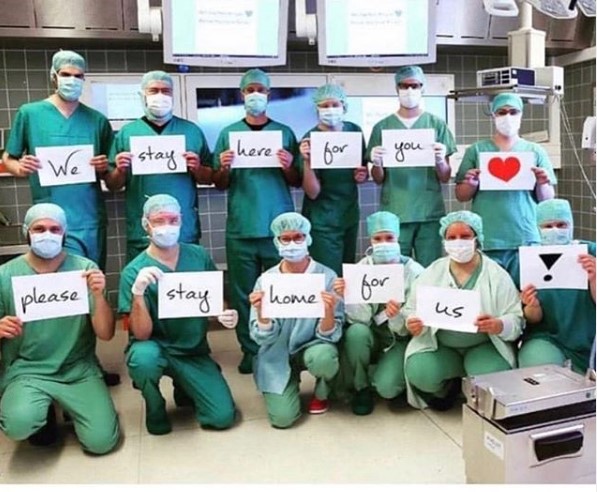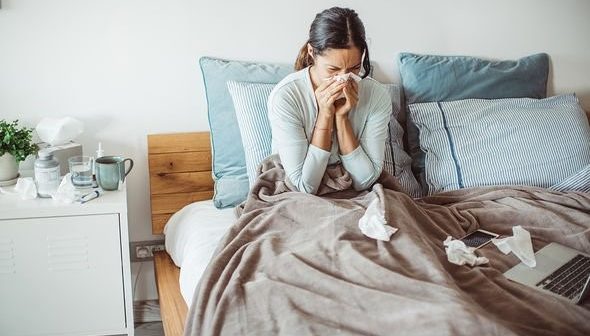Original Article By: Lauren Felts, Former Editorials Editor
September 2020 Update By: Randawnique Coakley, Volunteer Writer
September 2020 Update:
As of Sept. 14, Worldometer reported the estimated number of deaths is over 900,000 with over 29 million coronavirus infection cases worldwide. Therefore, the race to the vaccine is vital with the increased cases of infections and death since the beginning of the pandemic.
According to the Milken Institute, which tracks the developments of the treatments and vaccine, there are currently 315 treatments and 211 vaccines in development, as of Sept. 10. For vaccine development in particular, there are various stages of trials and testing before the vaccine can be approved and manufactured for the public; there is exploratory stage, followed by pre-clinical stage, and then clinical development stage before a regulatory review and approval, according to the CDC. Currently, none of the vaccines that have been in development were approved; however, as of Sept. 9, The World Health Organization (WHO) reports 145 vaccine projects are currently in preclinical stages, and several vaccine trials that have surpassed the preclinical phase, with 22 in Phase I, and 13 in Phase II, and 9 in Phase III.
In an interview with the Financial Times in late August, the FDA Commissioner Stephen Hahn issued an emergency authorization to possibly fast track coronavirus vaccine trial before phase three to make the vaccine available as soon as possible. Roughly a week before this interview, President Donald J. Trump placed pressure on FDA to speed up their process as he accused the FDA of moving slowly.
“The deep state, or whoever, over at the FDA is making it very difficult for drug companies to get people in order to test the vaccines and therapeutics. Obviously, they are hoping to delay the answer until after November 3rd. Must focus on speed, and saving lives,” tweeted Trump on Aug. 22, where he tagged Hahn.
Along with putting pressure on the FDA, Trump also indicated earlier in August his plans of “rushing” the vaccine and efforts to have a vaccine ready “right around,” or even before, the Nov. 3 election in an interview with Gerald Rivera.
However, there are concerns from Americans regarding the rush of the vaccine from the Trump administration. According to a survey produced by Kaiser Family Foundation in September, 62 percent of Americans are worried that the political pressure from the Trump administration will lead the FDA to rush to approve a coronavirus vaccine without ensuring it’s safe and effective, with 81 percent Democrat, 61 percent Independent, and 35 percent Republican expressing this concern.
Original Article:
“If anything kills over 10 million people in the next few decades, it’s most likely to be a highly infectious virus rather than a war.”
Bill Gates said this five years ago in 2015. Along with him, multiple studies and researchers that year predicted a worldwide pandemic to occur within the next ten years. It is now 2020, and there is a worldwide pandemic occurring: the highly infectious coronavirus, which is killing thousands of people and infecting still more as you read this. Back in 2015, the Ebola virus killed roughly 10,000 people worldwide. In comparison, there have been roughly 350,000 coronavirus cases reported across the globe since the writing of this article, according to Worldometer, with an estimated number of 15,000 deaths that continues to increase.
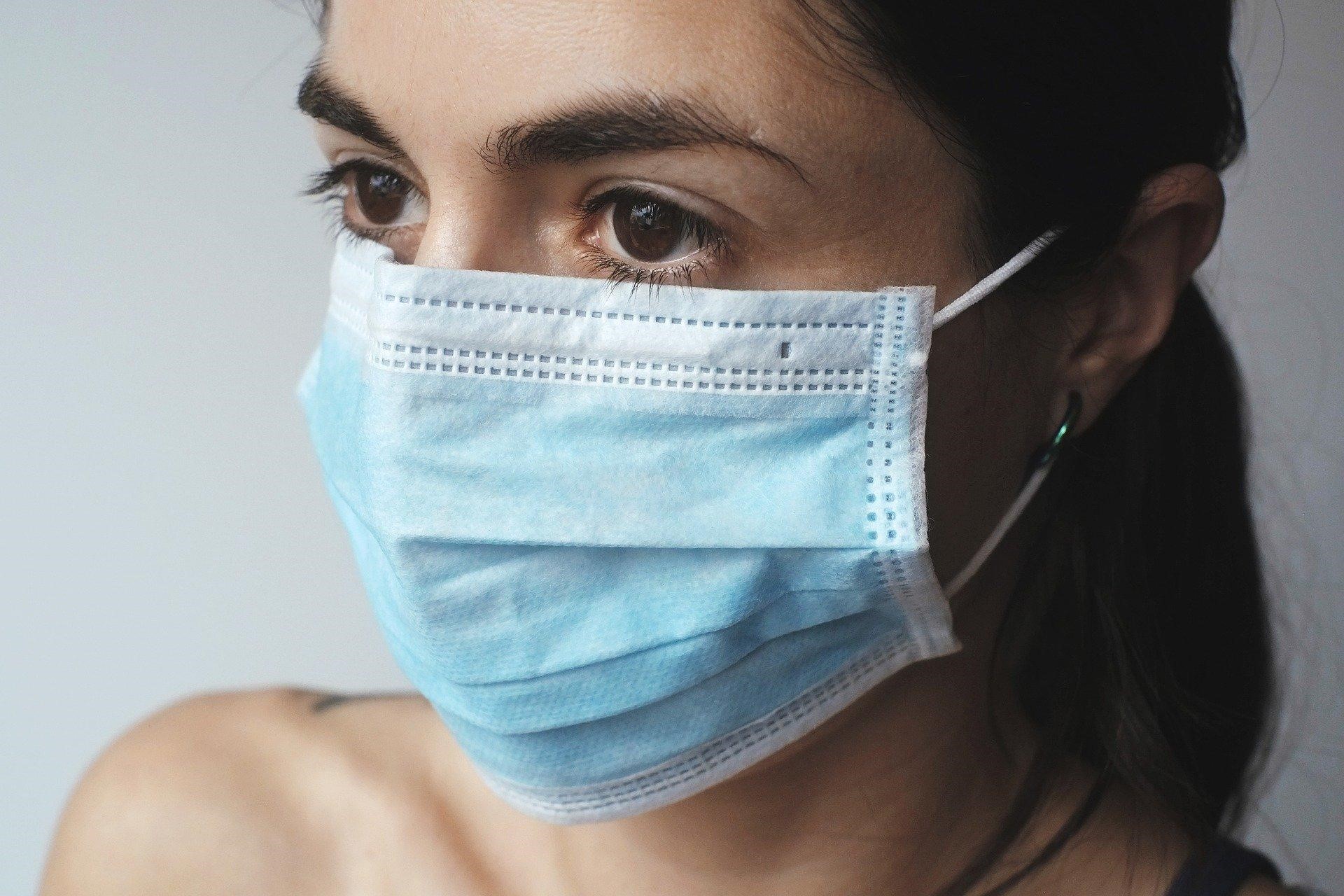
As of today, there are over 500 ongoing medical trials to help prevent individuals from contracting the coronavirus or to stop its spread, according to Dr. Mike Varshavski, in his YouTube video on tThe Truth About the Coronavirus.
However, none of the trials are proven to be cures yet. Just a few days ago, Dr. Anthony Fauci, Director of the National Institute of Allergy and Infectious Diseases, stated, “There is not a proven, and that’s the underlying word, treatment or prevention, however, there’s some anecdotal information that one or two of these may possibly have some benefit.”

Currently, the most popular drug known as a potential treatment for the coronavirus is an anti-malaria drug called hydroxychloroquine. Another potential candidate for a coronavirus cure is Remdesivir, a drug that was initially created to treat Ebola. United States President Donald Trump spoke about both of these drugs in a press conference with Fauci standing right beside him.
“I think it’s going to be very exciting,” said Trump.
Additionally, the President stated in the conference that he is pushing the FDA to fast-track any drugs that could be a possible cure for the coronavirus.
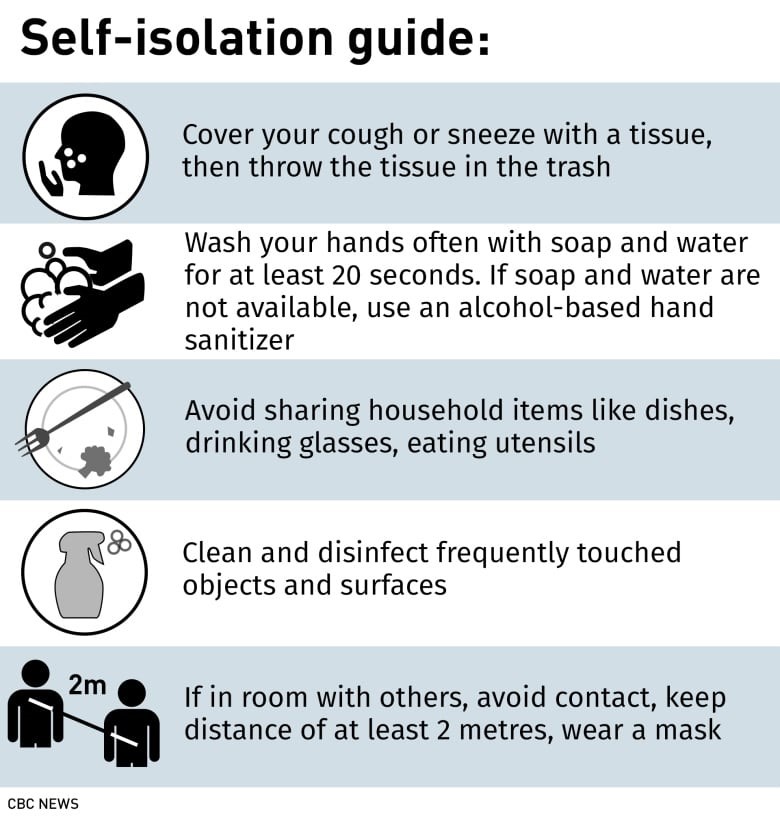
Despite the President’s optimism for these drugs, Fauci mentioned that there is a 12-month trial period in which doctors can predict the drug’s benefits and they are still in the very early stages of the trial.
“If someone is in a dire situation, they need something should you try it even though you don’t know it works, that’s a decision between the physician and the patient,” said Fauci.
Moreover, Dr. Stephen Hahn, Commissioner of Food and Drugs, mentioned, “What’s also important is not to provide false hope. We may have the right drug but may not be in the appropriate dosage form right now, and that may do more harm than good.”

Something else to take note of is that even if an individual feels he or she might have symptoms of the coronavirus, which include the initial signs of a cold or flu, there is a chance that the symptoms are misleading or are an indication of another illness.
Medical supplies at stores are dwindling and there are not enough masks, PPE, thermometers, and testing supplies to last hospitals and staff much longer. Therefore, if you experience symptoms of a fever, cold, or flu, the CDC (Center for Disease Control and Prevention) recommends that you get tested immediately.
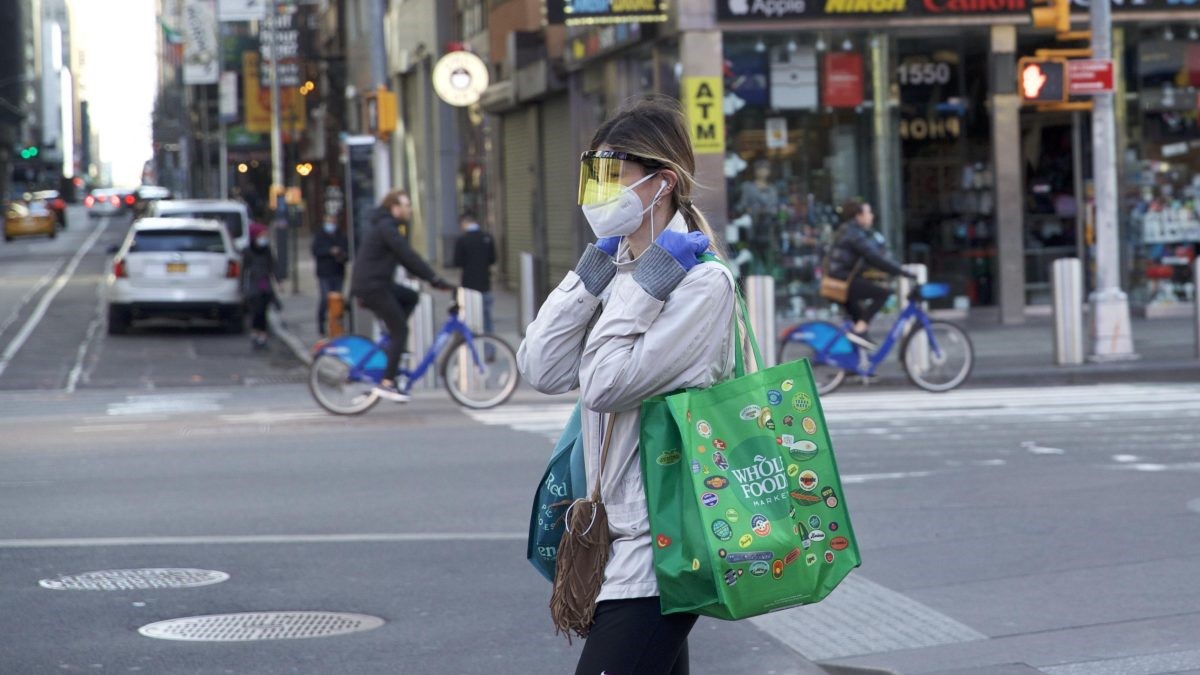
To keep you and your loved ones safe, CDC also suggests not coming into close contact with elderly relatives or other family members that could be most vulnerable to the virus, as you could still be a carrier of the virus without showing any symptoms. These are all ways you can treat yourself and avoid getting COVID-19. Since there are no proven methods of a cure for the virus, taking these simple precautionary measures is the most effective way to avoid the deadly spread.
Lastly, to keep yourself and the ones you surround yourself with safe and healthy, self-isolation at home has been proven to be the most beneficial way to protect yourself and avoid COVID-19.
